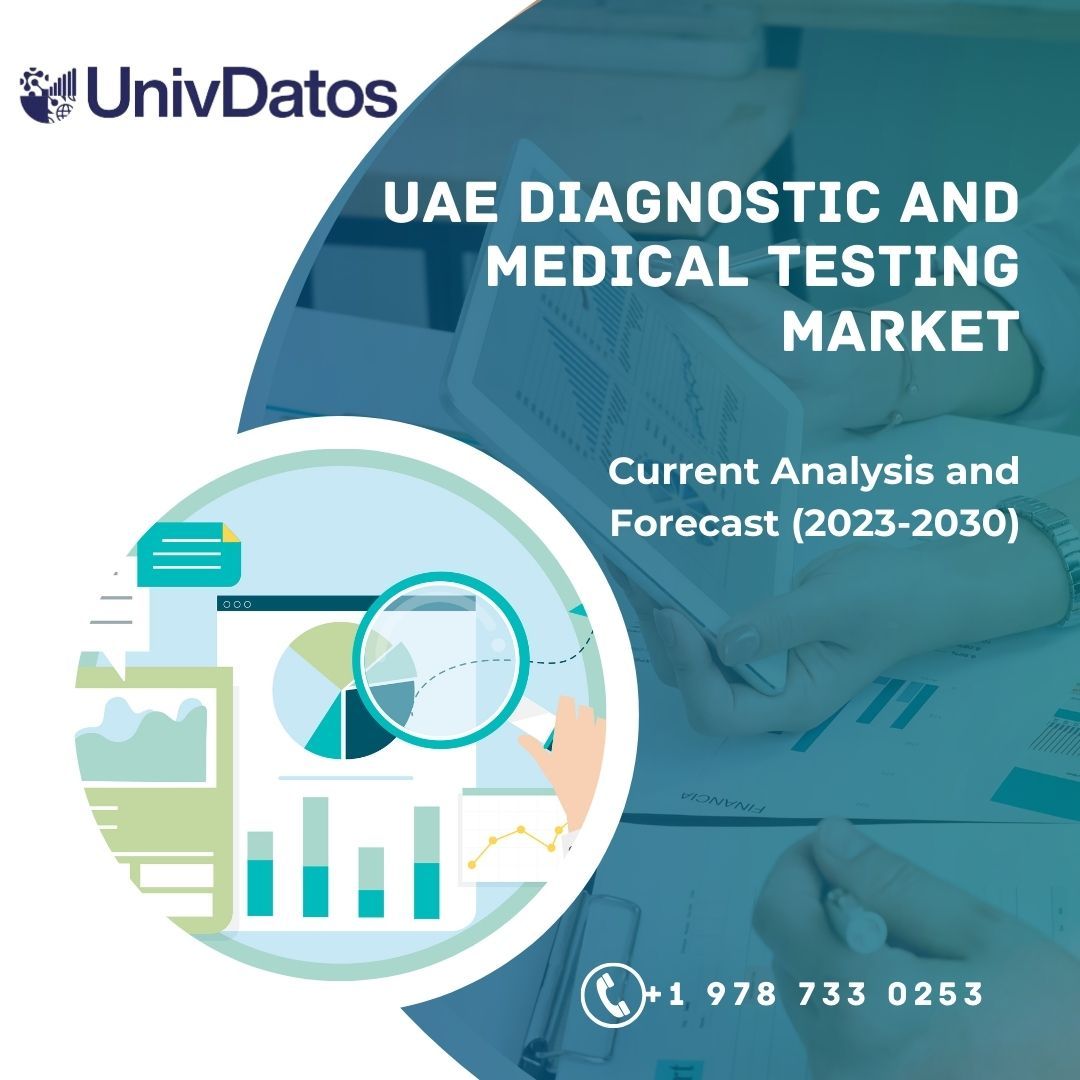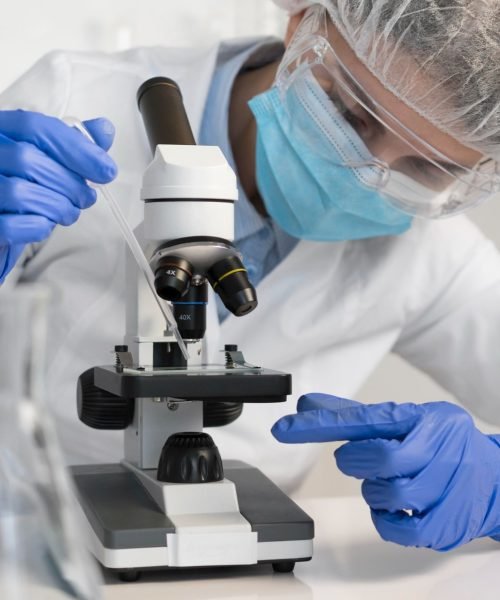The global nutrigenomics market was valued at USD 482.65 million in 2024 and is projected to expand at a robust compound annual growth rate (CAGR) of 17.1% between 2025 and 2034, reflecting the increasing integration of genetic insights into personalized nutrition strategies. This rapid expansion is being driven by rising consumer awareness around diet-gene interactions, growing investments in precision medicine, and an expanding base of clinical evidence supporting tailored dietary interventions. While North America leads in terms of market maturity and innovation, regional manufacturing trends, cross-border supply chains, and evolving regulatory frameworks across Europe and Asia Pacific are shaping how companies approach market penetration strategies in this high-growth sector.
North America, particularly the United States, dominates the nutrigenomics landscape due to its well-established genomics infrastructure, high per capita healthcare spending, and strong presence of leading biotech and diagnostics firms. The region benefits from favorable reimbursement policies for genetic testing services, as well as a surge in direct-to-consumer (DTC) genomic platforms that offer customized nutrition reports based on single nucleotide polymorphism (SNP) profiling. Companies such as Nutrigenomix, Pathway Genomics, and DNAfit have capitalized on this trend, leveraging digital health ecosystems and telemedicine integrations to enhance user engagement and retention. Additionally, federal agencies like the National Institutes of Health (NIH) and Centers for Disease Control and Prevention (CDC) continue to fund research initiatives aimed at validating the clinical utility of nutrigenomic testing in chronic disease prevention.
Europe follows closely behind, with Germany, the UK, and France emerging as key innovation hubs. The region's emphasis on public health initiatives, coupled with stringent data privacy regulations under the General Data Protection Regulation (GDPR), has prompted manufacturers to adopt secure, compliant solutions for handling sensitive genetic information. Regulatory harmonization through the European Medicines Agency (EMA) and national health systems’ gradual adoption of personalized nutrition plans are further facilitating market expansion. Regional manufacturing trends indicate a shift toward localized testing facilities to reduce turnaround times and comply with EU In Vitro Diagnostic Regulation (IVDR) standards. Cross-border supply chains remain critical in this context, with logistics centers in the Netherlands and Belgium playing pivotal roles in distributing test kits and consumables across member states.
Read More @
https://www.polarismarketresearch.com/industry-analysis/nutrigenomics-market
Asia Pacific, led by China and India, is experiencing accelerated growth due to rising disposable incomes, increasing prevalence of lifestyle diseases, and government-backed initiatives promoting preventive healthcare. China’s aggressive investment in sequencing infrastructure—through entities like BGI Genomics and Wuxi NextCODE—is enabling large-scale population-based nutrigenomics studies that inform national dietary guidelines. Meanwhile, India is witnessing a surge in startups offering affordable, mobile-first nutrigenomic services tailored to local dietary habits and metabolic profiles. Japan remains a leader in advanced diagnostics, with companies integrating AI-driven interpretation tools into genetic counseling workflows to improve patient outcomes.
Key drivers fueling this expansion include the growing burden of non-communicable diseases, increasing adoption of personalized wellness programs, and advancements in multi-omics integration. However, restraints persist, including limited insurance coverage for preventive genetic tests, ethical concerns surrounding data usage, and variability in regulatory acceptance across jurisdictions. Opportunities lie in the development of population-specific databases, expansion into emerging markets with high obesity rates, and integration of nutrigenomics into employer-sponsored wellness programs.
Market trends reflect a growing preference for bundled offerings that combine genetic testing with digital coaching apps, microbiome analysis, and wearable health tracking devices. These innovations are reshaping product differentiation strategies and driving segment-wise performance improvements across clinical, sports nutrition, and DTC segments. As companies refine their regional market penetration strategies, those prioritizing localization, data security, and clinical validation are better positioned to capture long-term value in an increasingly competitive and regulated environment.
Competitive Landscape:
• Nutrigenomix Inc.
• DNAfit Ltd.
• Pathway Genomics Corporation
• Quest Diagnostics Incorporated
• BGI Genomics Co., Ltd.
• Thermo Fisher Scientific Inc.
• MyDNA Life Inc.
• ZOE Inc.
More Trending Latest Reports By Polaris Market Research:
Carbon Prepreg Market
Rehabilitation Equipment Market
Hirsutism Market
Aerogel Market
Transformer Oil Market
Web 3.0 Market
Soy Grits Market
Bioanalytical Testing Services Market
Aerospace Fasteners Market
The global nutrigenomics market was valued at USD 482.65 million in 2024 and is projected to expand at a robust compound annual growth rate (CAGR) of 17.1% between 2025 and 2034, reflecting the increasing integration of genetic insights into personalized nutrition strategies. This rapid expansion is being driven by rising consumer awareness around diet-gene interactions, growing investments in precision medicine, and an expanding base of clinical evidence supporting tailored dietary interventions. While North America leads in terms of market maturity and innovation, regional manufacturing trends, cross-border supply chains, and evolving regulatory frameworks across Europe and Asia Pacific are shaping how companies approach market penetration strategies in this high-growth sector.
North America, particularly the United States, dominates the nutrigenomics landscape due to its well-established genomics infrastructure, high per capita healthcare spending, and strong presence of leading biotech and diagnostics firms. The region benefits from favorable reimbursement policies for genetic testing services, as well as a surge in direct-to-consumer (DTC) genomic platforms that offer customized nutrition reports based on single nucleotide polymorphism (SNP) profiling. Companies such as Nutrigenomix, Pathway Genomics, and DNAfit have capitalized on this trend, leveraging digital health ecosystems and telemedicine integrations to enhance user engagement and retention. Additionally, federal agencies like the National Institutes of Health (NIH) and Centers for Disease Control and Prevention (CDC) continue to fund research initiatives aimed at validating the clinical utility of nutrigenomic testing in chronic disease prevention.
Europe follows closely behind, with Germany, the UK, and France emerging as key innovation hubs. The region's emphasis on public health initiatives, coupled with stringent data privacy regulations under the General Data Protection Regulation (GDPR), has prompted manufacturers to adopt secure, compliant solutions for handling sensitive genetic information. Regulatory harmonization through the European Medicines Agency (EMA) and national health systems’ gradual adoption of personalized nutrition plans are further facilitating market expansion. Regional manufacturing trends indicate a shift toward localized testing facilities to reduce turnaround times and comply with EU In Vitro Diagnostic Regulation (IVDR) standards. Cross-border supply chains remain critical in this context, with logistics centers in the Netherlands and Belgium playing pivotal roles in distributing test kits and consumables across member states.
Read More @ https://www.polarismarketresearch.com/industry-analysis/nutrigenomics-market
Asia Pacific, led by China and India, is experiencing accelerated growth due to rising disposable incomes, increasing prevalence of lifestyle diseases, and government-backed initiatives promoting preventive healthcare. China’s aggressive investment in sequencing infrastructure—through entities like BGI Genomics and Wuxi NextCODE—is enabling large-scale population-based nutrigenomics studies that inform national dietary guidelines. Meanwhile, India is witnessing a surge in startups offering affordable, mobile-first nutrigenomic services tailored to local dietary habits and metabolic profiles. Japan remains a leader in advanced diagnostics, with companies integrating AI-driven interpretation tools into genetic counseling workflows to improve patient outcomes.
Key drivers fueling this expansion include the growing burden of non-communicable diseases, increasing adoption of personalized wellness programs, and advancements in multi-omics integration. However, restraints persist, including limited insurance coverage for preventive genetic tests, ethical concerns surrounding data usage, and variability in regulatory acceptance across jurisdictions. Opportunities lie in the development of population-specific databases, expansion into emerging markets with high obesity rates, and integration of nutrigenomics into employer-sponsored wellness programs.
Market trends reflect a growing preference for bundled offerings that combine genetic testing with digital coaching apps, microbiome analysis, and wearable health tracking devices. These innovations are reshaping product differentiation strategies and driving segment-wise performance improvements across clinical, sports nutrition, and DTC segments. As companies refine their regional market penetration strategies, those prioritizing localization, data security, and clinical validation are better positioned to capture long-term value in an increasingly competitive and regulated environment.
Competitive Landscape:
• Nutrigenomix Inc.
• DNAfit Ltd.
• Pathway Genomics Corporation
• Quest Diagnostics Incorporated
• BGI Genomics Co., Ltd.
• Thermo Fisher Scientific Inc.
• MyDNA Life Inc.
• ZOE Inc.
More Trending Latest Reports By Polaris Market Research:
Carbon Prepreg Market
Rehabilitation Equipment Market
Hirsutism Market
Aerogel Market
Transformer Oil Market
Web 3.0 Market
Soy Grits Market
Bioanalytical Testing Services Market
Aerospace Fasteners Market











